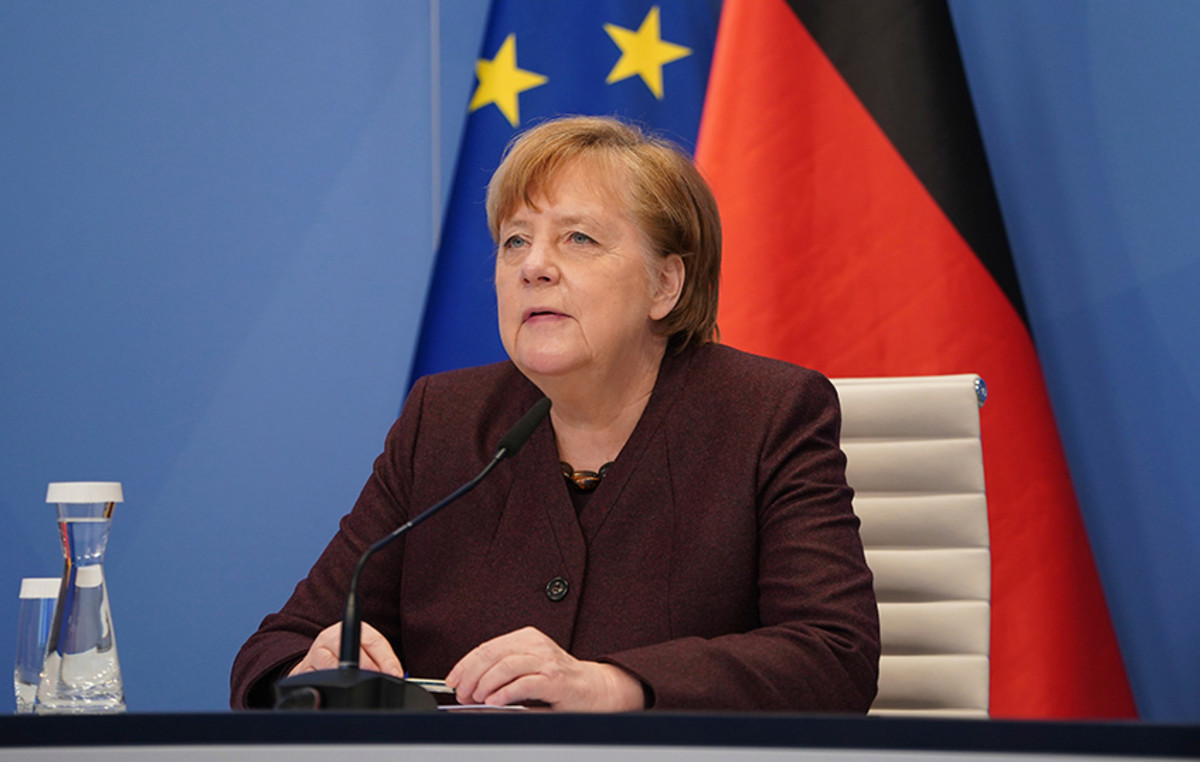After Petrobras announced an 8.9% rise in diesel prices for distributors, the National Association of Cargo Transport and Logistics (NTC&Logística) points out that the readjustment will represent an emergency increase of at least 3.1% in the freight costs in Brazil.
According to the entity, in order to maintain the financial health of the companies, it is essential that the accumulated increase in the value of fuel is transferred “immediately”.
A survey by NTC&Logística itself shows that diesel had an average increase of 21.21% at gas stations in 2022 alone.
Also according to the entity, in the last 12 months, the growth in pumps reaches 49.01%.
According to the entity’s technical advisor, Lauro Valdivia, fuel costs represent around 30% to 35% of the sector’s expenses. And, in addition to the escalation in the price of diesel, the representative cites that companies face the increase in other inputs.
“It’s a lot to absorb, truck prices have gone up by about 50%, tires by 40%, and now, in the middle of the year, they have expenses with wage bargaining, which should be around 11%. This is because labor represents approximately 25% of the companies’ costs”, points out Valdivia.
“So it is an escalation of increase that is unrealistic, it is very difficult for the sector to absorb or even pass on. You can’t even go over the previous one and you already have another one, the frequency is very close to each other.”
The advisor also points out that the freight and cargo transport sector is directly linked to the country’s Gross Domestic Product (GDP), since the offer per service depends on the production and consumption of other sectors of the economy.
Lauro Valdivia says that many self-employed truck drivers are leaving the sector because they cannot deal with the susceptible price increases.
For the transportation specialist at Fundação Getúlio Vargas (FGV/Transportes), Marcus Quintella, the readjustment will have an inflationary impact in the medium term. He warns that, in the end, the increase will reach the consumer’s pocket.
“The increase in fuels creates a problem in the production chain as a whole. As the transfer ends up coming to the final consumer in one way or another, this increase will reach inflation in a certain period of time”, points out Quintella.
The economist also reinforces that the one who suffers most from this type of increase is the self-employed truck driver, who must redo the entire freight cost composition.
Source: CNN Brasil
I am Sophia william, author of World Stock Market. I have a degree in journalism from the University of Missouri and I have worked as a reporter for several news websites. I have a passion for writing and informing people about the latest news and events happening in the world. I strive to be accurate and unbiased in my reporting, and I hope to provide readers with valuable information that they can use to make informed decisions.







